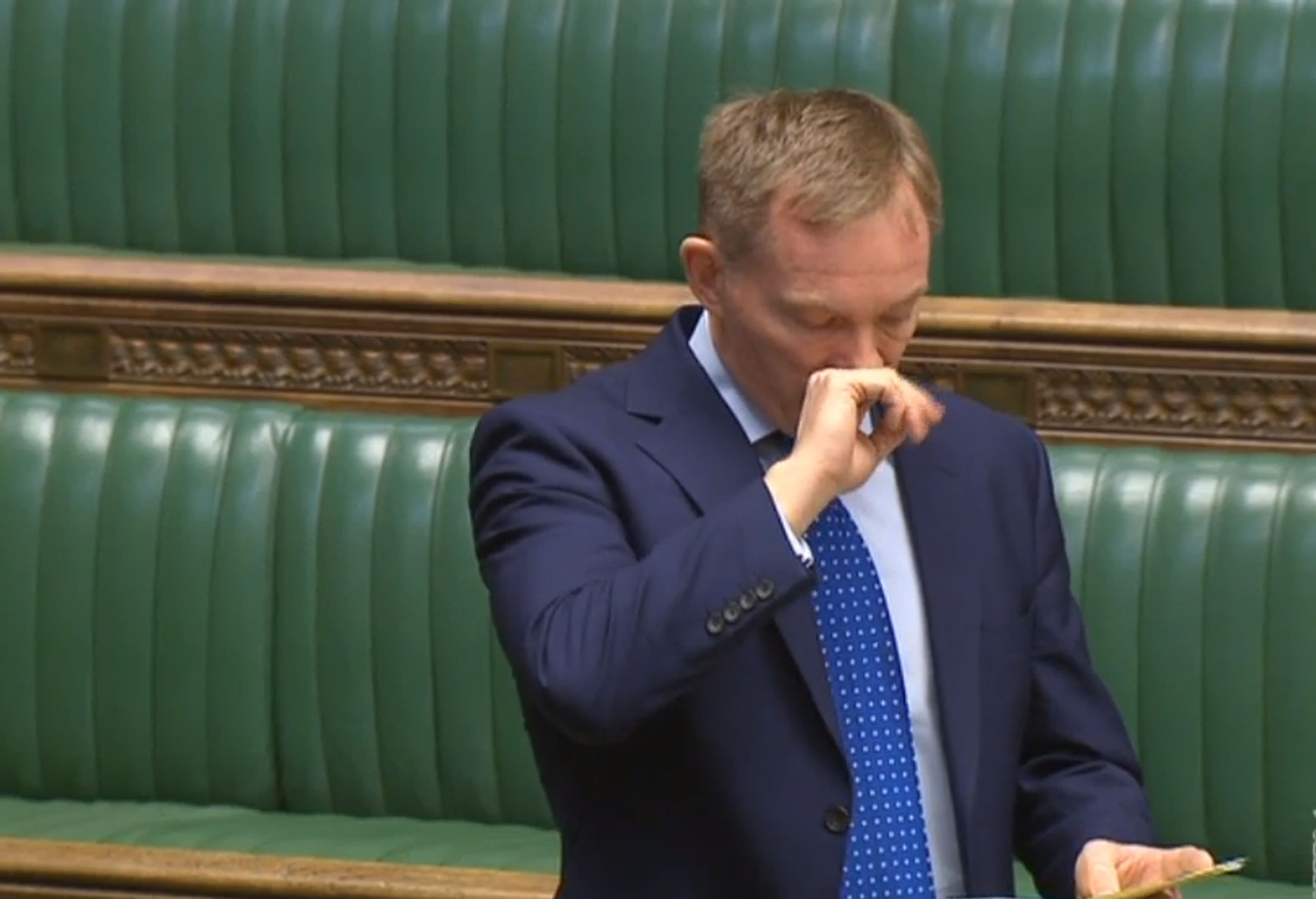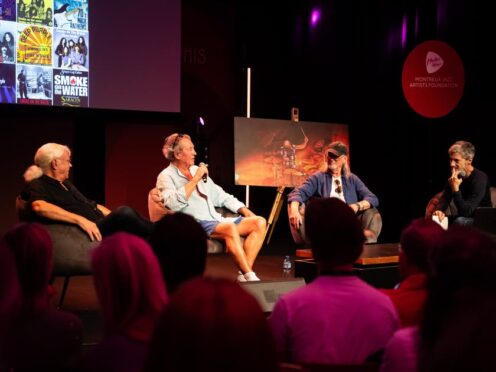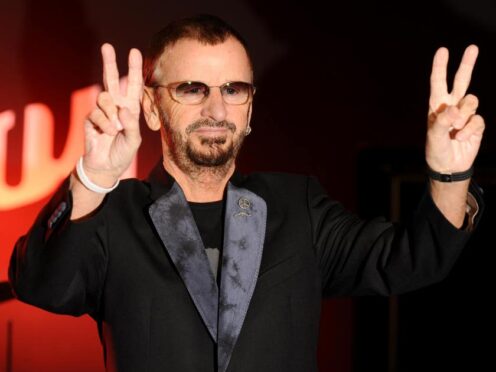MPs reacted with fury when a minister scuppered the progress of proposals for an automatic pardon for gay men convicted of now-abolished sexual offences.
Labour’s Chris Bryant was close to tears as he joined fellow MPs in urging the Government to pardon all living gay men who were convicted of crimes that are no longer on the statute books.
But Justice Minister Sam Gyimah spoke for more than 20 minutes at the end of a lengthy debate to prevent a so-called “Turing Bill” brought forward by the SNP’s John Nicolson from being put to a vote.
The Government announced on Thursday plans for thousands of gay and bisexual men convicted of out-of-date offences to be posthumously pardoned.
But Mr Nicolson brought forward a private member’s bill which sought to go even further, proposing an automatic pardon for the living too.
Tory former justice minister Crispin Blunt warned the Government’s proposals did not have the desired “symbolic effect”, while party colleague Nigel Adams labelled the behaviour of ministers “a little bit slippery”.
Mr Gyimah urged Mr Nicolson to withdraw the Bill and work with the Government, but the SNP MP accused ministers of trying to “hijack” his legislation.
The SNP failed in an attempt to curtail the debate and prevent the Bill from being scuppered.
SNP chief whip Mike Weir moved a closure motion which, if agreed, would have prompted a vote on Mr Nicolson’s proposals.
The motion was supported by 57 MPs with no votes against, but parliamentary rules require at least 100 MPs to vote in favour of such a motion, meaning it failed.
Mr Gyimah rose to his feet with about 25 minutes of the debate left and he proceeded to speak until 2.30pm, denying MPs a vote on the plans. He was heckled, with shouts of “shame” and “shameful” from angry MPs as the seconds ticked down and proceedings came to an end.
The debate had been punctuated by emotional speeches from MPs on both sides of the chamber, as they urged the Government to support Mr Nicolson’s Sexual Offences (Pardons Etc) Bill during its second reading.
Mr Bryant, a Labour former minister, recalled gay and bisexual MPs who “faced down” Adolf Hitler, insisting they and others should receive “something that feels like an apology”.
The Government has stressed that anyone living who has been convicted of such abolished offences can already apply through the Home Office to have their names cleared through the disregard process, which removes any mention of an offence from criminal record checks.
Ministers are also planning to introduce a new statutory pardon for the living in cases where offences have been deleted through the disregard process.
The Government intends to bring forward its proposals in the form of an amendment to the Policing and Crime Bill.
Mr Gyimah said: “As well as honouring the dead (Mr Nicolson) seeks a pardon for the living. We have developed a way to do this without giving any perception that the pardon covers perpetrators of sex with a minor or non-consensual sex.
“What I would like to do today is to make a full and open offer to the honourable member to work with officials in the Ministry of Justice and the Home Office and Stonewall to give real effect to this pardon for the dead and the living as fairly and quickly as possible.”
Mr Nicolson said he had accepted an offer of help from the Government in June and that there had been “plenty of time to chat about this”.
He accused the Government of attempting to “hijack” his plans, adding: “The amendment accepted by the Government would grant an automatic pardon to the deceased and of course that’s great, but my Bill provides the same provision.
“But I have to ask the House, should we not prioritise the living over the dead?”
Debate on the Bill is set to resume on December 16 but it is unlikely to progress without the support of the Government.










